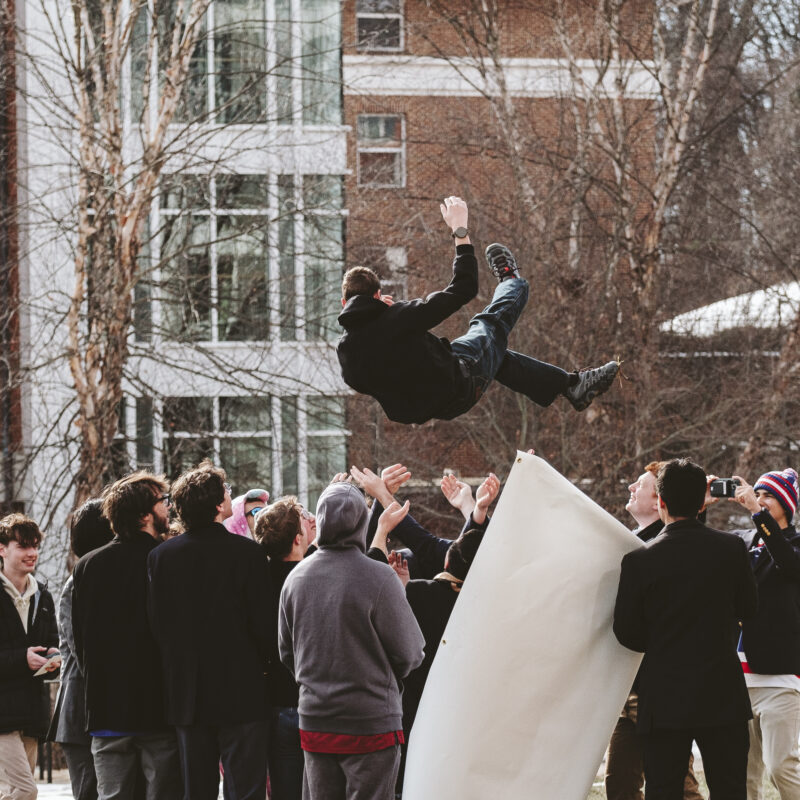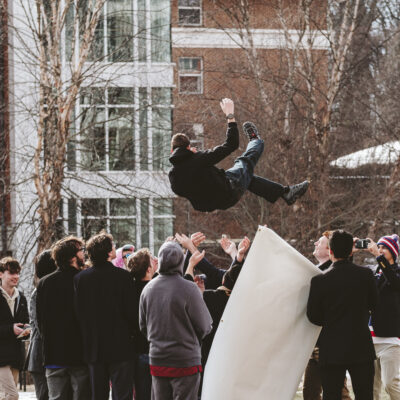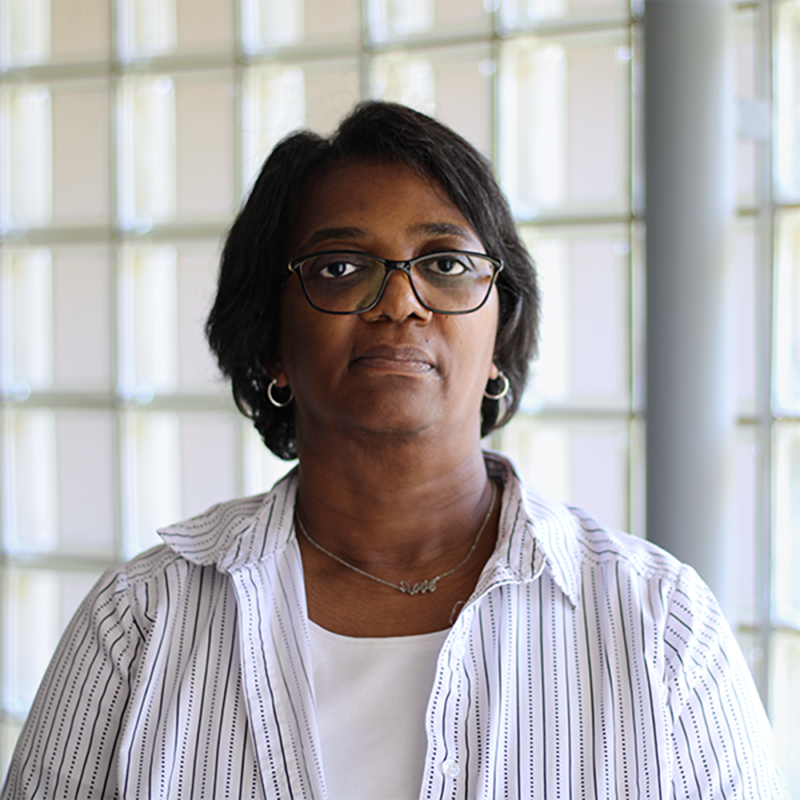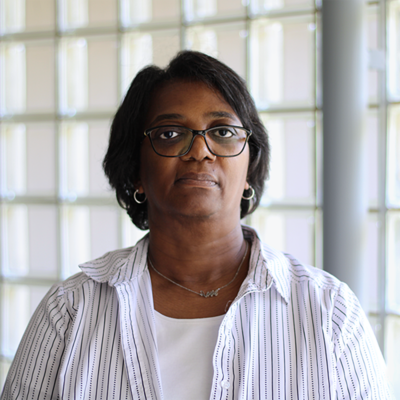“Fifteen years ago, at the age of 16, I was told that I’d spend the rest of my life behind bars,” activist Cyntoia Brown-Long told hundreds of UVA students February 6 at Old Cabell Hall.
As a teenager, Brown-Long was in an abusive relationship with a man known as Kut, who forced her into prostitution. She was found guilty of murder and sentenced to life in prison after shooting a 43-year-old client whom she feared was about to kill her.
Brown-Long’s cause was taken up in a 2011 documentary and, later, by multiple celebrities on social media, who argued that Brown-Long was a victim of sex trafficking and had killed the client in self-defense.
She was finally freed in August, after being granted clemency (with a 10-year parole) by Tennessee Governor Bill Haslam. Now a successful author and public speaker, Brown-Long shared her story of redemption at an event sponsored by the Black Student Alliance and University Programs Council.
“Cyntoia’s case stands as a clear example of the U.S. justice system’s proclivity for both criminalizing victims while simultaneously allowing the perpetrators of violent sexual crimes to get off scot-free,” said Ciara Blackston, vice president of the Black Student Alliance.
According to a 2016 report by the Vera Institute of Justice, 86 percent of incarcerated women have experienced abuse in their lifetime, while 77 percent have specifically experienced violence at the hands of a partner.
In her speech, Brown-Long dove into her early childhood, sharing how she found out she was adopted and biracial on her first day of kindergarten, when students pointed out that she didn’t look like her dark-skinned parents. Feeling like an outcast, she got into trouble many times over the years, landing her in an alternative school and, eventually, juvenile detention.
By the time she was 13, Brown-Long had run away from home and was living on the streets with women much older than her, who taught her how to “use [her] body as a commodity,” as she was continuously raped and assaulted. At 16, she met 24-year-old Kut, who abused her and forced her into prostitution—but who she believed was the love of her life.
“He found me in a place where I was desperate to be wanted,” Brown-Long said. “But there was no dollar amount that made him love me, because what I didn’t know was that love was never on the table.”
Four years into her sentence, Brown-Long was tired of “feeling like a failure,” and signed up to take college courses, earning her associate and bachelor’s degrees with a 4.0 GPA. She also mentored other women in prison, and met with government officials about sex trafficking. And she developed a relationship with her now-husband Jaime Long, who helped restore her religious faith. Brown-Long says that gave her a renewed sense of hope and confidence that she would one day be released.
Now, “as a free woman,” she said, “I get to honor the covenant I made with God, travel the country, and tell anyone who will listen about what He did for me.”
Brown-Long helps spread awareness about sex trafficking and abusive relationships through her advocacy program GLITTER (Grassroots Learning Initiative for Teen Trafficking, Exploitation, and Rape).
She’s also working with Tennessee legislators to change the ways juveniles are sentenced. In the state, juveniles can be sentenced to life in prison, and are not considered for parole until after they’ve served 51 years—the longest mandatory minimum sentence in the nation.





